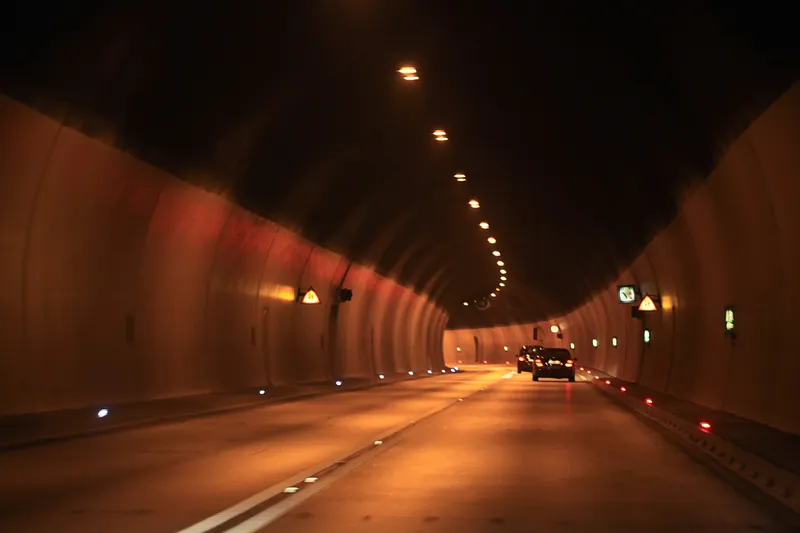The International Bridge, Tunnel and Turnpike Association (
“Today’s Senate passage of the Highway Trust Fund patch does not negate the need for a long-term solution to our country’s infrastructure funding crisis. Congress must develop a comprehensive plan to address the critical funding needs of our nation’s surface transportation system,” said Patrick D. Jones, executive director and CEO of IBTTA.
“In the interim, we encourage Congress to quickly resolve any differences between the House and Senate bills to keep the Highway Trust Fund solvent.
“Like other transportation advocates, we support an increase in the federal gasoline and diesel excise taxes, which have not been increased since 1993, to preserve the integrity of the federal Highway Trust Fund and provide funding certainty to states.
“In addition, we urge Congress to lift the ban on tolling existing lanes of interstate highways for purposes of reconstruction, as the Obama Administration proposed in its GROW AMERICA Act. Rebuilding the interstate highways will cost hundreds of billions of dollars over the next several decades and current funding sources alone are not equal to the task. States should have the flexibility to use tolling if it makes sense for them.”
ARTBA president and CEO Pete Ruane stated: “We appreciate the Senate action today and urge the House and Senate negotiators to now take advantage of the opportunity to craft legislation that continues funding to the states and focuses the attention of Congress on resolving this year the underlying revenue problem that is impeding the mobility and safe transportation that American citizens and businesses deserve.”
US trade associations respond to Highway Trust Fund patch
The International Bridge, Tunnel and Turnpike Association (IBTTA) and the American Road and Transportation Builders Association (ARBTA) have responded to the Senate passage of the Highway and Transportation Funding Act which extends funding for the Highway Trust Fund through May 2015.
“Today’s Senate passage of the Highway Trust Fund patch does not negate the need for a long-term solution to our country’s infrastructure funding crisis. Congress must develop a comprehensive plan to address the critical f
July 31, 2014
Read time: 2 mins
RSS








